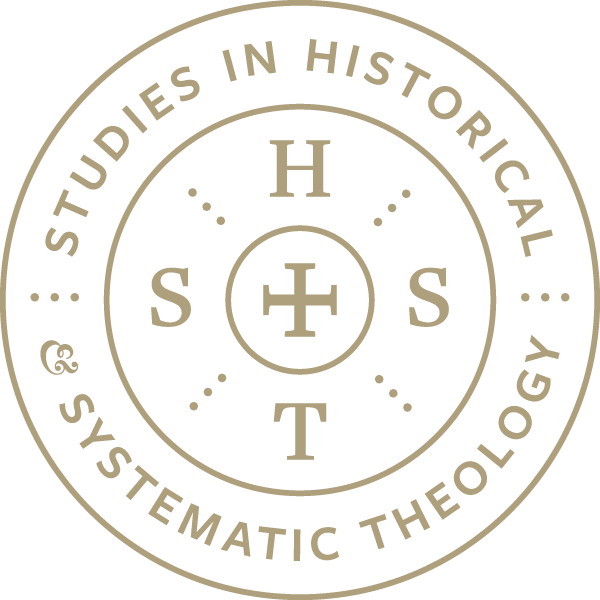
Studies in Historical & Systematic Theology
Studies in Historical and Systematic Theology is a peer-reviewed series of contemporary monographs exploring key figures, themes, and issues in historical and systematic theology from an evangelical perspective.
Crowned with Glory and Honor
A Chalcedonian Anthropology
The field of theological anthropology is at a standstill, mired in debate between dualist and physicalist perspectives on body and soul. In Crowned with Glory and Honor: A Chalcedonian Anthropology, Michael A. Wilkinson argues that the man Jesus is the way forward. Anthropology should be centered around Jesus. God the Son incarnate is true man, like us in all things except sin. Wilkinson approaches human ontology through Christology by looking to the Chalcedonian Definition and its Christology. Chalcedon confesses the man Jesus to be the divine person of the Son subsisting in a human nature. A Chalcedonian anthropology extends Jesus’s person-nature constitution to define what it means to be human.
Learn moreFundamentalists in the Public Square
Evolution, Alcohol, and Culture Wars after the Scopes Trial
The Scopes Trial of 1925 is often regarded as a turning point in the history of American fundamentalism and evangelicalism. It is claimed that Scopes was a public relations defeat that sent fundamentalism into retreat from mainstream culture. In Fundamentalists in the Public Square: Evolution, Alcohol, and the Culture Wars after the Scopes Trial, Madison Trammel argues that such a characterization is misguided. Using documentary evidence from newspapers in the 1920s and 1930s, Trammel shows that fundamentalists remained fully active in seeking to transform the culture for Christ, and they remained so through the rise of Billy Graham’s ministry.
Learn morePraise for Books in the Series
“Seldom does a volume decisively propose a new interpretation that dislodges an ‘everyone knows given’ in historical accounts. But Madison Trammel’s Fundamentalists in the Public Square does just that. This book may change the way the story of American fundamentalism in the Twenties is told.”
“This excellent work explores what, if anything, the man Jesus Christ can contribute to a theologically sound understanding of humankind. Impeccably researched, carefully argued, historically grounded, and quite persuasive, this book is a must-read!”